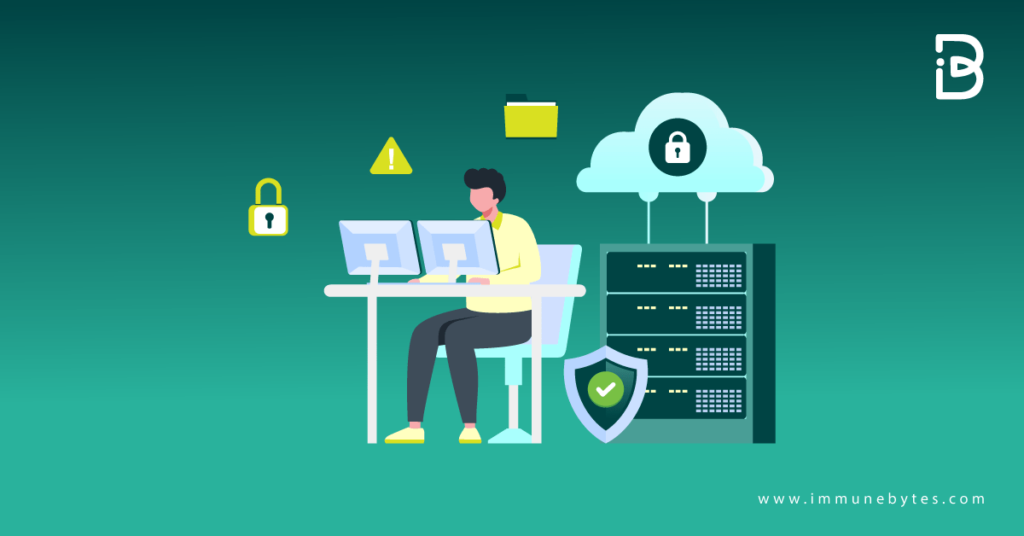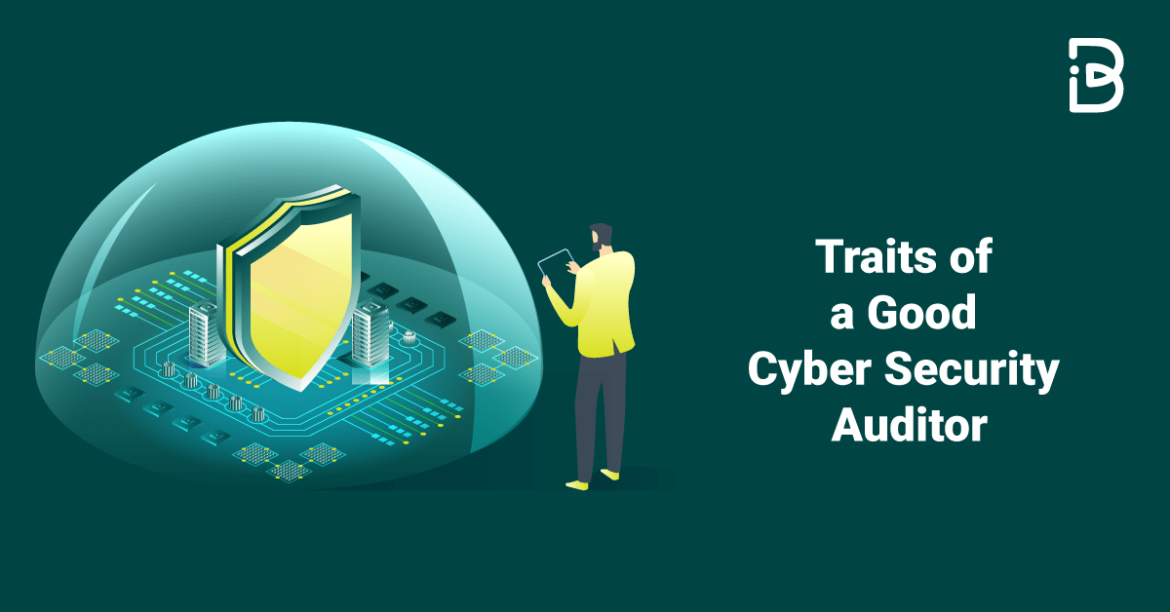The cyber security industry is on high alert due to a variety of new and growing security threats.
Today with the world running on the internet, the truth is that we are at grave cyber risk. Security threats can increase due to the transition in internet iteration from Web2.0 to Web 3.0.
With the IT ecosystem in enterprises becoming increasingly complicated, data security teams must select the appropriate methods and technologies to protect themselves from potential cyber threats. Hence, it is essential to have a safe and secure network design. Consequently, there is a growing need for cybersecurity experts, such as researchers and auditors.
This blog post will cover seven essential qualities you need to possess to succeed as the best cybersecurity auditor. But before that, let?s talk about what a cybersecurity audit is.
What is a Cybersecurity Auditor?
Table of Contents

Cybersecurity auditors’ work is frequently fraught with a wide range of difficulties and a wealth of exciting experiences.
In order to help the business securely deliver products and services, the function of a security auditor is to offer an unbiased assessment of cybersecurity controls and information systems along with a cost-benefit analysis of suggested measures for increased security.
A cyber security auditor focuses on all aspects of the thorough auditing methods of online security systems and networks in a variety of capacities. It includes the study of current designs, recommendations about infrastructure repairs, updates, and protocol changes.
Traits of a Good Cybersecurity Auditor
- Curiosity
Probably, the most important skill required for a security researcher is to strive to learn new things.
Shake up ingrained behaviors, question things, and ask “why?”
It requires one to be open-minded, self-aware, and fearless to ask questions in domains that require more information. Explore yourself, and go beyond your certain patterns. As for a cybersecurity professional, it is imperative to try new ways of exploiting and fixing vulnerabilities to bring multidimensionality to their work.
- Integrity
Security auditors often deal with sensitive information integral to an organization. With the ever-increasing online presence of businesses, data breaches and other cyber threats are growing in numbers. Although it requires one to be secretive, there is no way around it but to share information with the security professionals you have hired to protect your systems from hacks.
Hence, it is imperative for security personnel to have unquestionable integrity for organizations to have complete trust around them.
- Soft-Skills
Firstly, soft skills encompass an array of attributes, including communication skills, body language, public dealing skills, dynamic learning, adaptability, and others.
In order to improve connections with audit customers, an auditor must master several communication techniques that promote purposeful communication. Always listen intently before responding. Apply critical thinking as well before forming an audit opinion.
- Up To date Knowledge of threats and vulnerabilities
An auditor must be an excellent security researcher. He/she should be aware of the changing technological infrastructure and new bugs emerging in space. Additionally, cyber security auditing requires experts to continuously keep an eye on advances in cyberthreats, laws, and best practices.
Several indices and reports highlight the significant threats; for instance, OWASP?s indices cite the top 10 major cybersecurity threats. Follow experienced cybersecurity experts already in the know, attend live events, and check vulnerabilities and cyber threat advisory feeds.
- Experience
A diversified portfolio and a proven experience in securing cyber threats is definitely a cherry on the top. No matter how skilled you are, you always need to prove your capabilities to the clients.
Participate in hacking challenges, go for certifications, work as a freelancer, use testnets, and others.
Cybersecurity regulations constantly developing. The most recent trends are known to good auditors, and exceptional auditors participate in task forces and professional organizations to assist create new standards.
- Analytical skills
You need to be meticulous if you want to succeed in an audit; otherwise, you may run the risk of detection hazards. There must be extensive analysis and documentation evaluation for an audit.
An old phrase reads,
“The devil is in the details.”
One must be able to comprehend the complete context of the content they are dealing with. Hence, it is imperative to have strong analytical skills.
- Organizational Skills
Being organized, and considering audit as time-driven, the deadline-oriented project is of utmost importance. Organizational skills include time management, multi-tasking, flexibility, fulfilling deadlines, being transformational, and having the guts to believe in and take risks.
Wrapping Up
The U.S. Bureau of Labor Services cites a major hike in the demand for cybersecurity professionals by almost 32% up to 2028. The growing need for cybersecurity researchers is attributed to the ever-increasing cybersecurity challenges.
So, if you are planning to enter into cybersecurity, make sure you build on the skills mentioned above to achieve professional excellence.
Must Read: TRAITS OF CYBERSECURITY CONSULTING COMPANY

